This content is restricted to subscribers
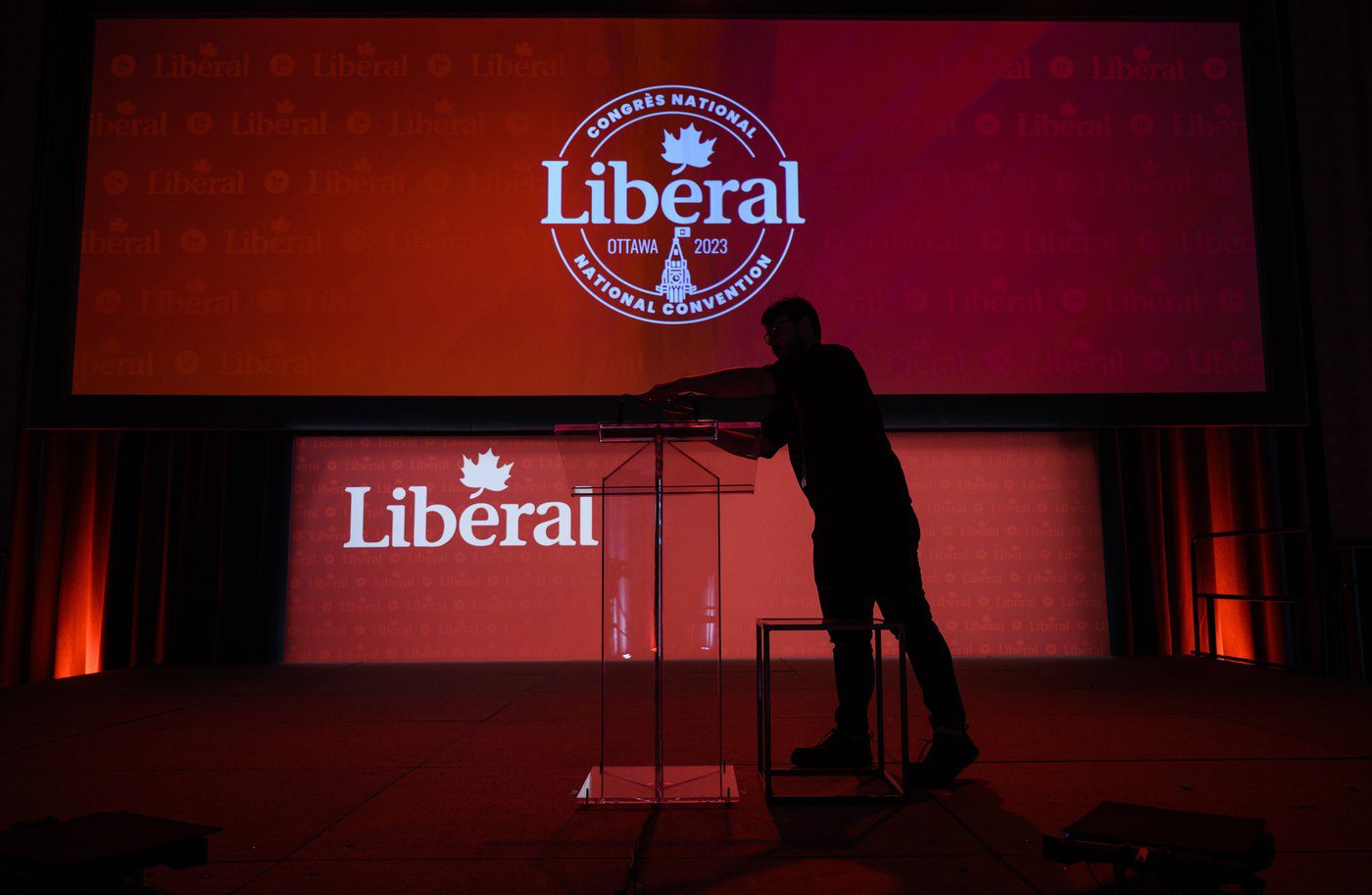
The views, opinions and positions expressed by columnists and contributors are the author’s alone. They do not inherently or expressly reflect the views, opinions and/or positions of our publication.

This content is restricted to subscribers
The views, opinions and positions expressed by columnists and contributors are the author’s alone. They do not inherently or expressly reflect the views, opinions and/or positions of our publication.
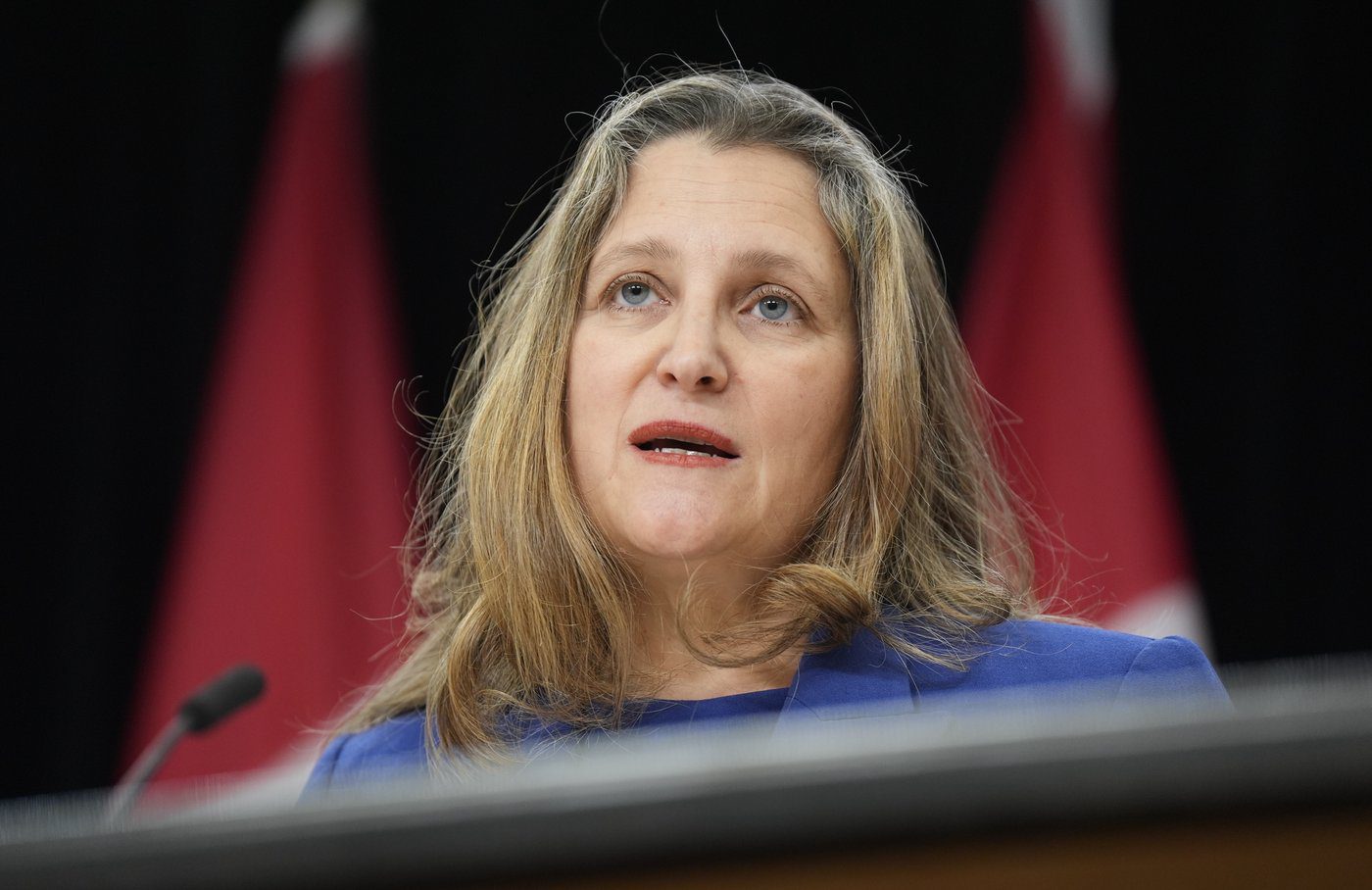
This content is restricted to subscribers
The views, opinions and positions expressed by columnists and contributors are the author’s alone. They do not inherently or expressly reflect the views, opinions and/or positions of our publication.
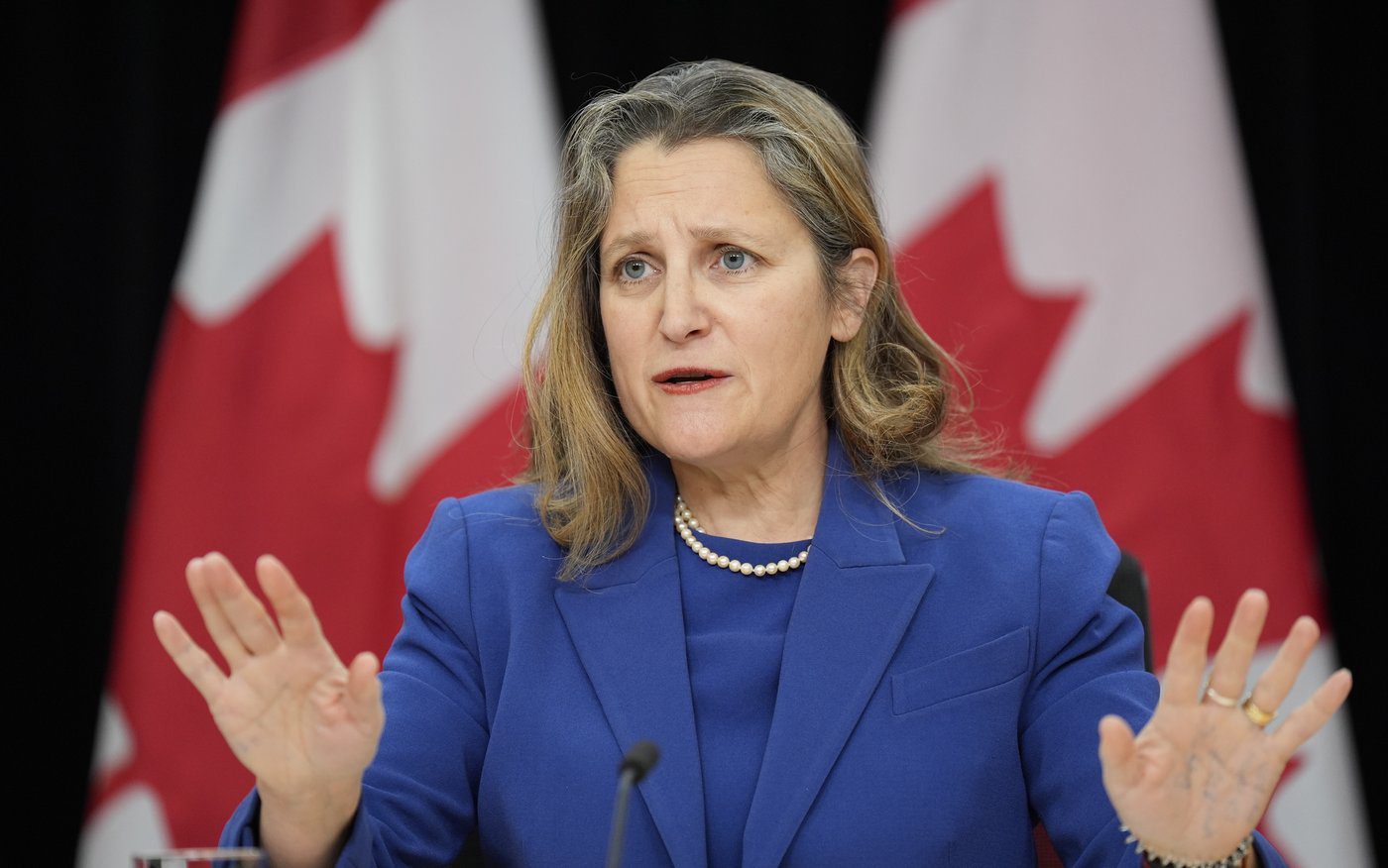
This content is restricted to subscribers
The views, opinions and positions expressed by columnists and contributors are the author’s alone. They do not inherently or expressly reflect the views, opinions and/or positions of our publication.
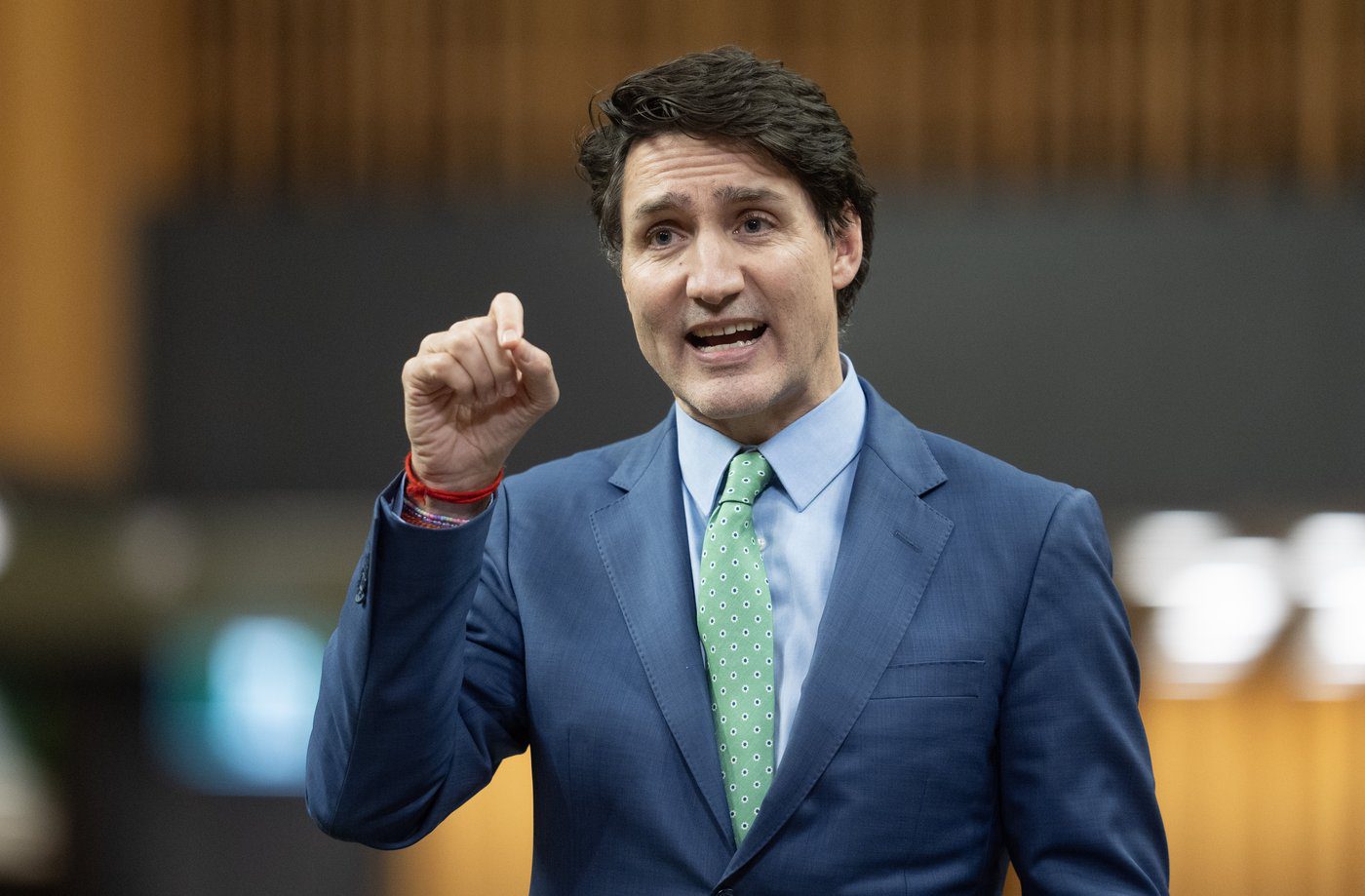
Former finance minister Chrystia Freeland’s departure from Cabinet by way of a grenade dropped in Trudeau’s lap was in every sense a final straw. After having lost the battle against the incredibly stupid plan for the GST “holiday,” and unwilling to keep shilling for the planned $250 “rebates” in the face of a potential major economic blow by the proposed Trump tariffs, Freeland was told on Friday that she would be shuffled out of the finance portfolio. While that’s not unusual in and of itself—ministers serve at the pleasure of the prime minister—she was apparently offered a ceremonial minister-without-portfolio role of Canada/US relations, with no department and no levers of power to come with it, meaning it was a full-on demotion in spite of years of hard work being the go-to minister to fix problems, and being incredibly loyal in the face of a lot of really stupid things that this government has done. But he still expected her to read the Fiscal Update regardless. Freeland was well within her rights to pull the pin on that grenade, and time it for maximum disruption, and she succeeded at that.
Her resignation letter was not only scathing, but it effectively undercut Trudeau’s plan to save his own skin instead of meeting the moment with the incoming Trump administration. Aside from pointing out that she clearly didn’t credibly enjoy his confidence or possess the authority that comes with it, she plunged in the knife:
That means keeping our fiscal powder dry today, so we have the reserves we may need for a coming tariff war. That means eschewing costly political gimmicks, which we can ill afford and which make Canadians doubt that we recognize the gravity of the moment.
[…]
Inevitably, our time in government will come to an end. But how we deal with the threat our country currently faces will define us for a generation, and perhaps longer. Canada will win if we are strong, smart, and united.
She’s right that the costly gimmicks of the GST “holiday” and the rebate cheques were something that Canadians could see through as the desperation moves that they were, particularly as MPs and ministers publicly humiliated themselves to sell them to Canadians. And the fact that she very explicitly let it be known that this was a PMO-driven idea that she resisted puts that desperation move squarely on Trudeau and his staff, which makes it harder for him to launder the blame for as it fails to land with Canadians. And with no dance partner willing to agree to the cheques as originally proposed, and resistance to expanding them in a way that would make the costly gimmick even costlier, Trudeau may have to swallow that promise as well.
It also lays bare just how exhausted the current government is that they have resorted to vote-buying rather than doing the hard work of delivering for Canadians, like they pat themselves on the back for doing when in fact, much of that is just a communications exercise. A lot of their program implementation remains unfinished, and they are claiming victory on things that have not happened yet—like pharmacare, where not a single province has fully signed onto the nascent plan, so it’s hard to insist that they are delivering this for Canadians who need it. And government-by-communications-exercise is not working, and can’t keep going forward as though Canadians aren’t bitterly disappointed that the very things they have been promised aren’t being delivered. I’m not going to ignore that the provinces aren’t a factor in this, but part of communication also means being frank about which partner isn’t living up to their end of the deal.
It’s hard to see how the caucus can continue to support Trudeau if he would treat his most loyal lieutenant—his deputy leader who got him out of so much hot water over the past nine years—like this. Putting her in an untenable situation and setting her up for humiliation was not on, and why any other MP in the caucus would want to serve in a Cabinet where this was going to be an option put to them at some point makes it hard to see how he could possibly continue to dangle Cabinet posts to ensure loyalty when it is clear that said loyalty isn’t going to be returned. It’s also clear that most of the caucus fully knows at this point that, no matter how fierce a campaigner Trudeau is, he is now the biggest liability the party has. The writing has been on the wall for a while now, and his caucus has been trying to warn him, but Trudeau has steadfastly ignored them, but it’s going to be pretty much impossible to do so any longer.
Following the emergency caucus meeting on Monday night, Trudeau indicated that he’s going to take the holidays to think about his future and whether he will step down as an increasing number of his MPs are calling for, but he can’t wait too long. There is already precious little runway left, so “after the holidays” had best mean the first week of January to make a decision rather than waiting for the House of Commons to return at the end of the month, because that will already be too late. As I laid out a possible pathway for this to happen in a previous column, the best would likely be for him to stay on in some kind of “caretaker” capacity, to ensure continuity as an accelerated leadership process happens rather than appoint some kind of dubious “interim” prime minister (which is not a real thing—His Majesty cannot be without someone who commands the confidence of the Chamber to give him advice, and even if that person is an “interim” party leader, prime minister is prime minister), and to ride through the early days of the incoming Trump presidency. A prorogation would also likely be necessary, which would have the added benefit of finally ending the interminable privilege filibusters, so when Parliament resumes, likely under the new leader, they would have a path to pass a few more bills with the few sitting weeks remaining.
If this does happen, we can expect to see a lot of Pierre Poilievre screaming that it’s “not fair” or “not democratic” if Trudeau leaves without an electoral defeat, but he’s wrong there. This is how a Westminster system operates, and a prime minister’s name is not on the ballot (except in the riding he or she runs in) because that’s how our system works. Nevertheless, Trudeau can’t credibly remain in office any longer, and if he wants to give his party a fighting chance to save the furniture, let alone avoid handing a victory to Poilievre without a fight, he needs to leave as soon as possible.
The views, opinions and positions expressed by columnists and contributors are the author’s alone. They do not inherently or expressly reflect the views, opinions and/or positions of our publication.
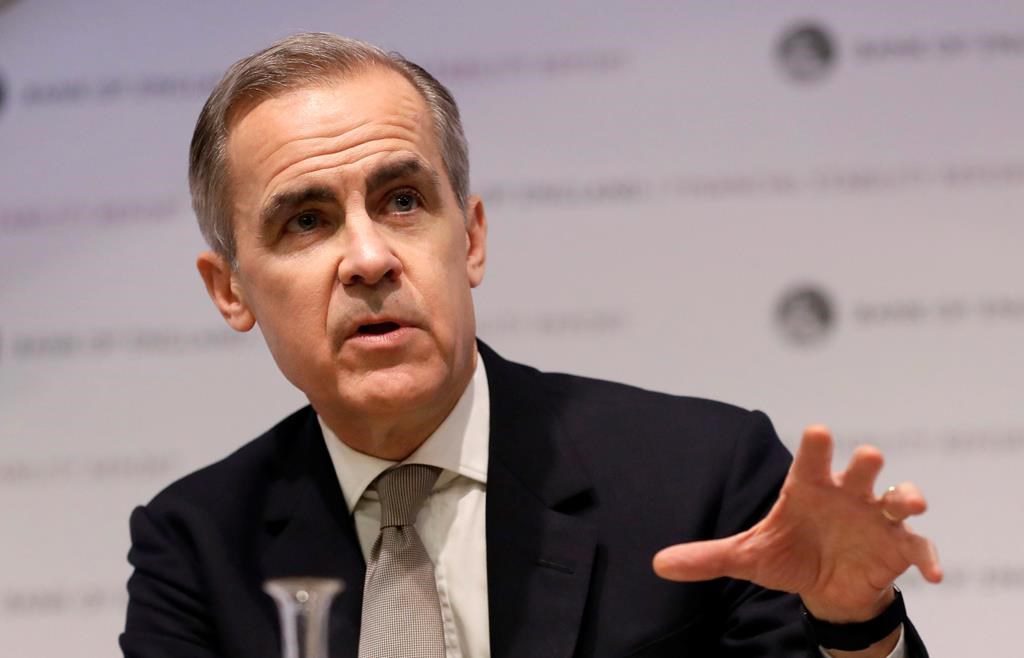
This content is restricted to subscribers
The views, opinions and positions expressed by columnists and contributors are the author’s alone. They do not inherently or expressly reflect the views, opinions and/or positions of our publication.
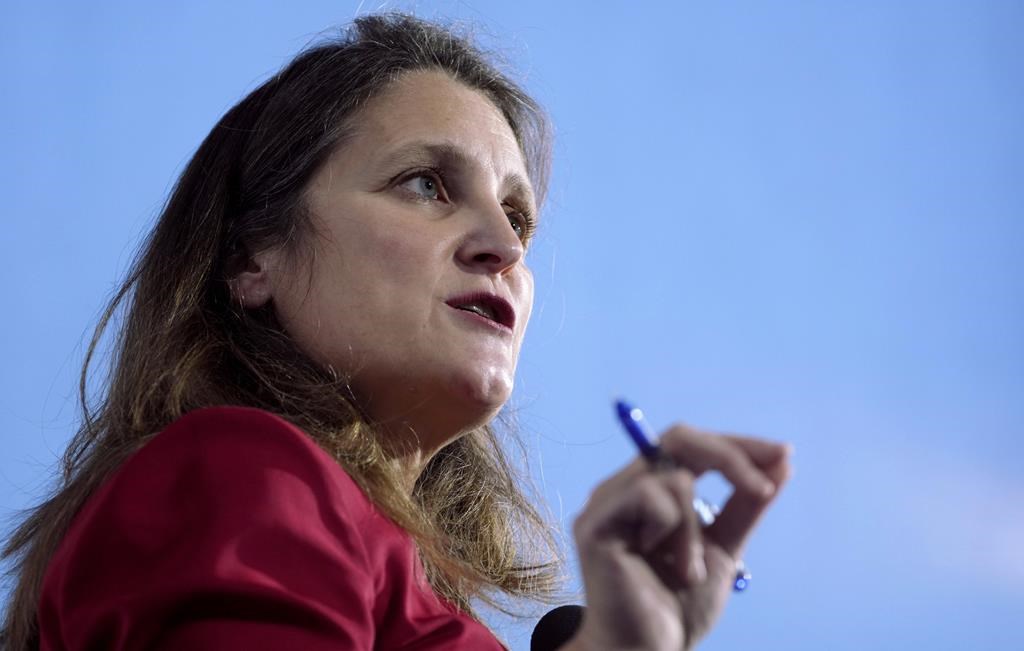
This content is restricted to subscribers
The views, opinions and positions expressed by columnists and contributors are the author’s alone. They do not inherently or expressly reflect the views, opinions and/or positions of our publication.
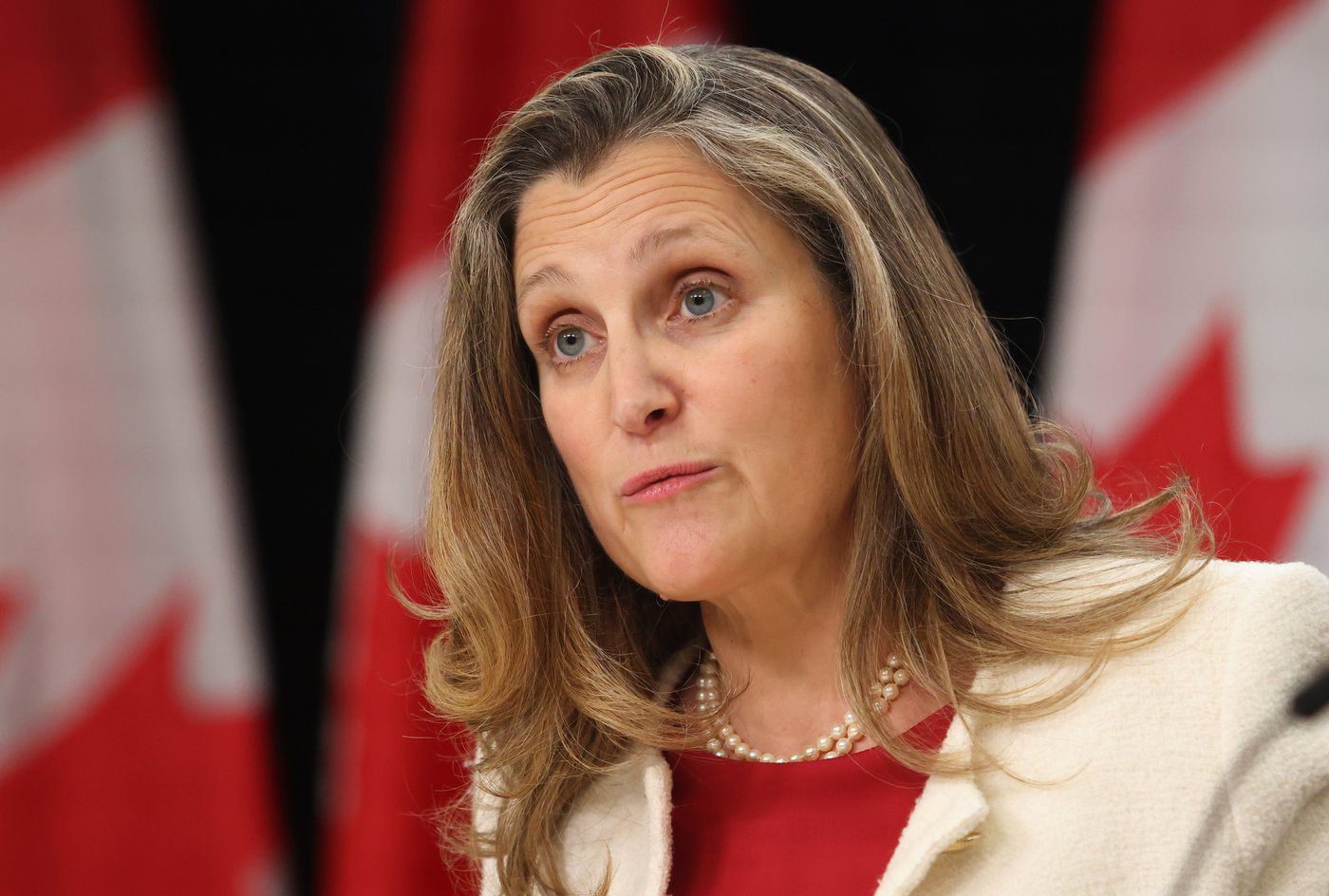
This content is restricted to subscribers
The views, opinions and positions expressed by columnists and contributors are the author’s alone. They do not inherently or expressly reflect the views, opinions and/or positions of our publication.
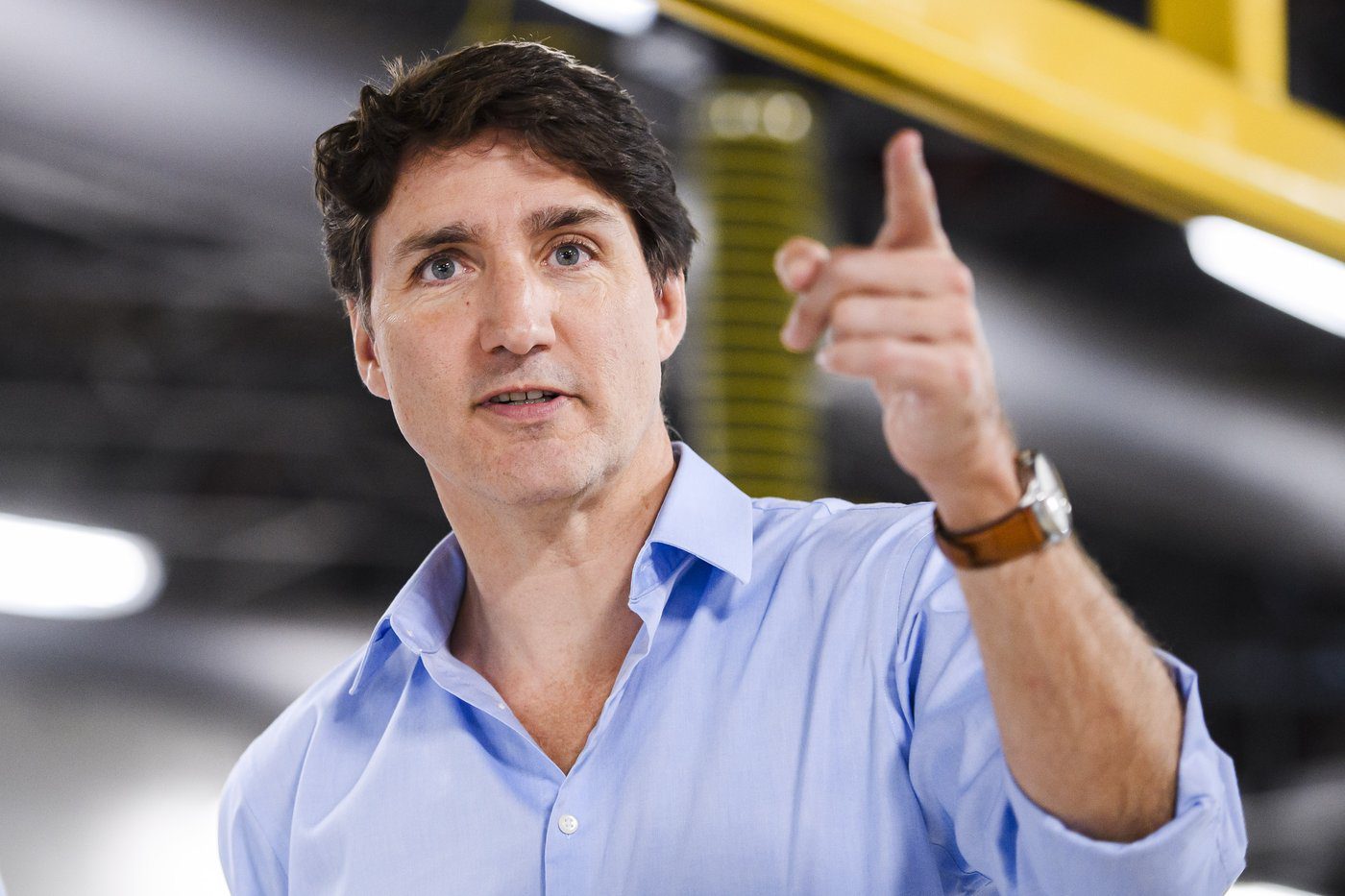
This content is restricted to subscribers
The views, opinions and positions expressed by columnists and contributors are the author’s alone. They do not inherently or expressly reflect the views, opinions and/or positions of our publication.

Become a subscriber today!
Register
Political parties, whether in government or opposition, introduce policy proposals on a fairly steady basis. Some ideas will be praised, while others will be criticized. That’s to be expected in the day-to-day world of politics.
One of the keys to success is for parties and leaders to take both of these reactions to heart and see if there are ways to improve or build upon the proposed policy measure. Anything that’s good can always be made better. If it’s rejected outright, then it’s up to party leaders and senior leadership to either figure out what needs to be improved, or if the best course of action is to scrap the policy and head back to the drawing board.
Prime Minister Justin Trudeau has never grasped the fine art of these two skills that every politician needs to learn. This isn’t to say his Liberal government hasn’t occasionally changed certain policy directions. The problem is their mediocre and ineffective leader seems to believe most of his ideas are great right off the bat, and the avalanche of bad ideas he’s proposed since taking office in 2015 don’t need to be tinkered with.
In fact, Trudeau’s natural reaction when a policy has been criticized is to double down rather than accept the deficiencies and fix them.
Here’s a recent example.
When the Liberals unveiled the April 16 federal budget, it included a tax hike in capital gains. In Section 8.1 of Budget 2024, they announced their intention “to increase the inclusion rate on capital gains realized annually above $250,000 by individuals and on all capital gains realized by corporations and trusts from one-half to two-thirds.” They attempted to brush away any and all concerns. “Only 0.13 per cent of Canadians with an average income of $1.4 million are expected to pay more personal income tax on their capital gains in any given year,” the same section noted. Several items that would have affected ordinary Canadians remained exempt, including the sale of principal residences.
Why had Finance Minister Chrystia Freeland targeted capital gains? Her predecessor, Bill Morneau, had rejected previous calls to look into this matter. “This was very clearly something that, while I was there, we resisted. We resisted it for a very specific reason – we were concerned about the growth of the country,” he said at a post-budget Q&A session with the accounting firm KPMG, and it’s “clearly a negative to our long-term goal, which is growth in the economy, productive growth and investments.” Putting Morneau’s wealth and financial status aside, he made the right decision.
Freeland took a very different tact. “We are making Canada’s tax system more fair by ensuring that the very wealthiest pay their fair share,” she told the media. Instead of doing things that could potentially help the Canadian economy, such as reducing the size of government and introducing broad-based tax relief, the Finance Minister decided to use the age-old political tactic of soaking the rich under the guise of tax fairness.
She’s wrong, of course. Adjusting the tax levy from 50 percent to 66.7 percent on profits for capital gains over $250,000 for individuals, trusts and corporations doesn’t just hurt roughly 0.13 percent of the population. It hurts the other 99.87 percent, too.
Higher taxes and lower take-home pay increases the role of the state, reduces economic liberty and personal freedom. They also minimize the impact of free markets and private enterprise, and cripple economic growth and stability. In the case of capital gains, which refers to the sale of an asset (ie. house, building, stock shares) that has increased in value since the initial purchase, Ottawa reduced an individual’s annual investment earnings. Targeting capital gains was therefore a clear sign the Liberals have little to no respect for individuals and companies that are profitable and contribute to Canada’s overall economic engine.
The Trudeau government was immediately condemned by the business community. Major industry associations like the Canadian Chamber of Commerce spoke out against the capital gains tax hike. The Canadian Medical Association said the proposed changes “will have adverse effects on physician recruitment and retention across the country.” The Mining Association of Canada suggested the tax hike will “significantly reduce” the value of the Mineral Exploration Tax Credit for investors and companies.
Moreover, a Nanos Research survey for Bloomberg News conducted between April 28 to May 1 revealed that 45% of respondents felt the tax changes “will lead to decreased investments and innovation, which will weaken the economy.” This was the majority viewpoint, as 38 percent supported the proposal and the remaining 17 percent were unsure. It’s also worth noting 46 percent of Canadians ages 18 to 34 opposed the tax increase, while those aged 35 to 54 were at 48 percent.
Most Prime Ministers and their senior advisers, irrespective of political stripe, would look closely at these numbers and comments. They would realize that significant adjustments to the capital gains tax hike would be required, and would start the process immediately.
What did Trudeau do? You guessed it: he doubled down on this unpopular proposal. The PM actually released a short video on May 13 to justify his position. It was as ignorant and ill-informed as his government’s decision to target capital gains in the first place.
There are many reasons why the Liberals are getting clobbered in the polls. Trudeau’s inability to understand what Canadians want from their government, and to change proposed policies that a majority of Canadians dislike or believe will hurt the economy and their communities, are two of them.
Michael Taube, a longtime newspaper columnist and political commentator, was a speechwriter for former Canadian prime minister Stephen Harper.
The views, opinions and positions expressed by columnists and contributors are the author’s alone. They do not inherently or expressly reflect the views, opinions and/or positions of our publication.